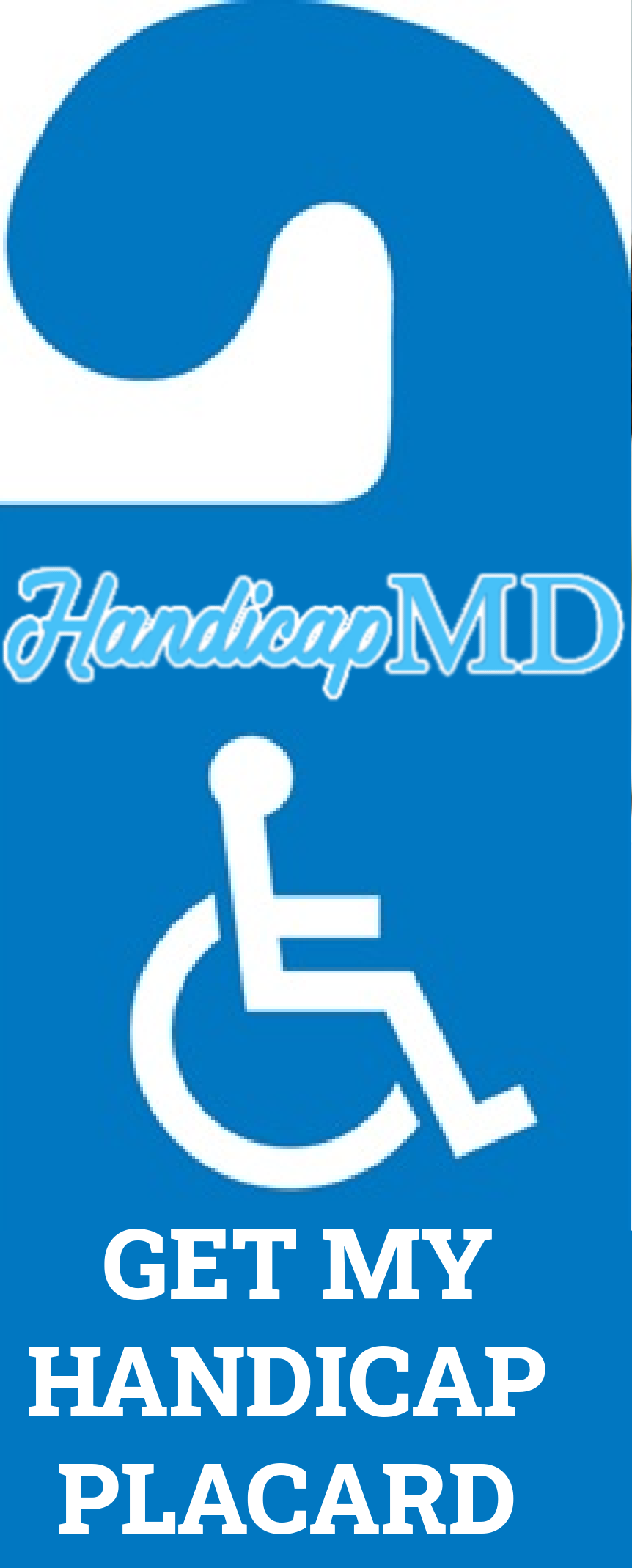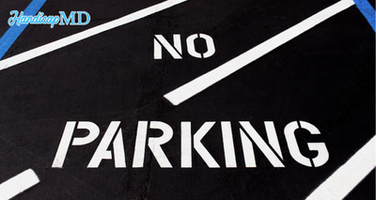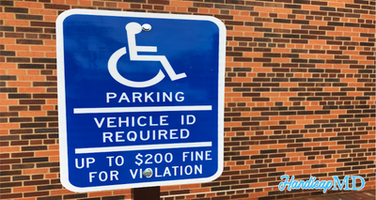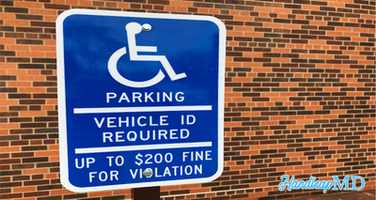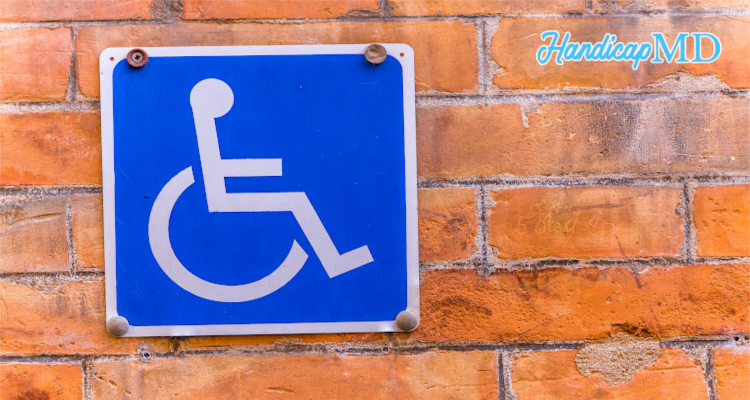
Handicap Placard Violations and Penalties in California: What You Need to Know
Introduction
In California, the use of handicap placards is crucial to ensure accessibility and convenience for individuals with disabilities. These grant special parking privileges, allowing holders to park in designated accessible spots close to entrances. However, with these privileges come responsibilities. Understanding the regulations and penalties associated with disability pass violations is essential to maintain a fair and efficient system for those in need. This article aims to provide you with a comprehensive overview of Handicap Placard Violations and Penalties in California: What You Need to Know.
Handicap Placard Eligibility and Application Process
Before delving into violations and penalties, it's essential to understand who is eligible and the application process.
To qualify for a handicap permit in California, an individual must have a medical condition that limits their mobility significantly. Such conditions may include difficulty walking, lung disease, cardiac issues, or visual impairment. Eligible individuals can apply for a placard through the California Department of Motor Vehicles (DMV). The process typically involves submitting medical documentation and completing the appropriate forms.
Types of Placards
In California, there are two types: temporary and permanent.
Temporary: These are issued for a limited period, usually six months. Temporary ones are appropriate for individuals with temporary mobility challenges, such as recovering from surgery or an injury.
Permanent: Individuals with long-term mobility impairments qualify for permanent ones. These placards typically last for two years and can be renewed as needed.
Proper Use of Placards
Having a disability tag comes with the responsibility of using it correctly. Misusing a pass not only violates the law but also deprives those in genuine need of accessible disabled parking spaces. Here's what you need to know about proper use:
Only the Registered Person Can Use It: It is non-transferable, meaning it can only be used by the person whose name appears on it.
Displaying the Placard Properly: When parking, hang it from the rearview mirror or place it on the dashboard. Ensure the expiration date and other details are visible from the outside.
Parking Limitations: It allows parking in designated accessible spaces and areas with time restrictions, exempting the holder from certain parking fees.
Violations and Penalties
To maintain the integrity of the system and deter abuse, California enforces strict penalties for these violations. It's crucial to be aware of these consequences to avoid legal troubles and ensure fair treatment for everyone.
Using an Expired or Invalid Placard
If you use a permit that has expired or has been reported lost, stolen, or invalid, you could face severe penalties.
Penalty: A fine of up to $1,000 or even misdemeanor charges, depending on the severity of the violation.
Misusing a Placard
Misusing a permit includes lending it to someone else, using it when the registered person is not present, or altering the details.
Penalty: A fine ranging from $250 to $1,000, or misdemeanor charges, or both.
Counterfeit or Fraudulent Placards
Creating or using counterfeit or fraudulent one is a serious offense in CA.
Penalty: Misdemeanor charges, fines up to $2,500, and possible imprisonment.
Unauthorized Reproduction
Making unauthorized copies is strictly prohibited.
Penalty: Misdemeanor charges and a fine of up to $1,000.
Reporting Placard Abuse
If you suspect someone is abusing a handicap placard, you can report it to local law enforcement or the California DMV. Providing accurate information can help curb abuse and ensure that these privileges remain available to those who genuinely need them.
FAQs
Can I lend my disability pass to a family member or friend?
Answer: No, these are non-transferable and should only be used by the registered person.
Can I use my disability pass in other states?
Answer: Yes, these are generally recognized across the United States, allowing you to use them in other states.
How do I renew my permanent disability pass?
Answer: You can renew your permanent pass by completing the appropriate forms and providing updated medical documentation to the California DMV.
Is there a grace period for using an expired pass?
Answer: No, once the pass has expired, it is no longer valid for use.
What should I do if my pass is lost or stolen?
Answer: You should report the loss or theft to the CA DMV immediately and apply for a replacement.
Are there any circumstances under which I can use my pass without the registered person present?
Answer: No, the registered person must be present when using a California handicap permit, except in certain circumstances like being driven by a family member or caregiver.
Conclusion
Understanding the regulations surrounding handicap placard violations and penalties in California is crucial for maintaining an inclusive and accessible environment. By adhering to the rules and reporting abuse, we can ensure that these special privileges are reserved for those who genuinely require them. Remember, a little consideration and empathy can go a long way in making a difference in the lives of individuals with disabilities.
.png)
